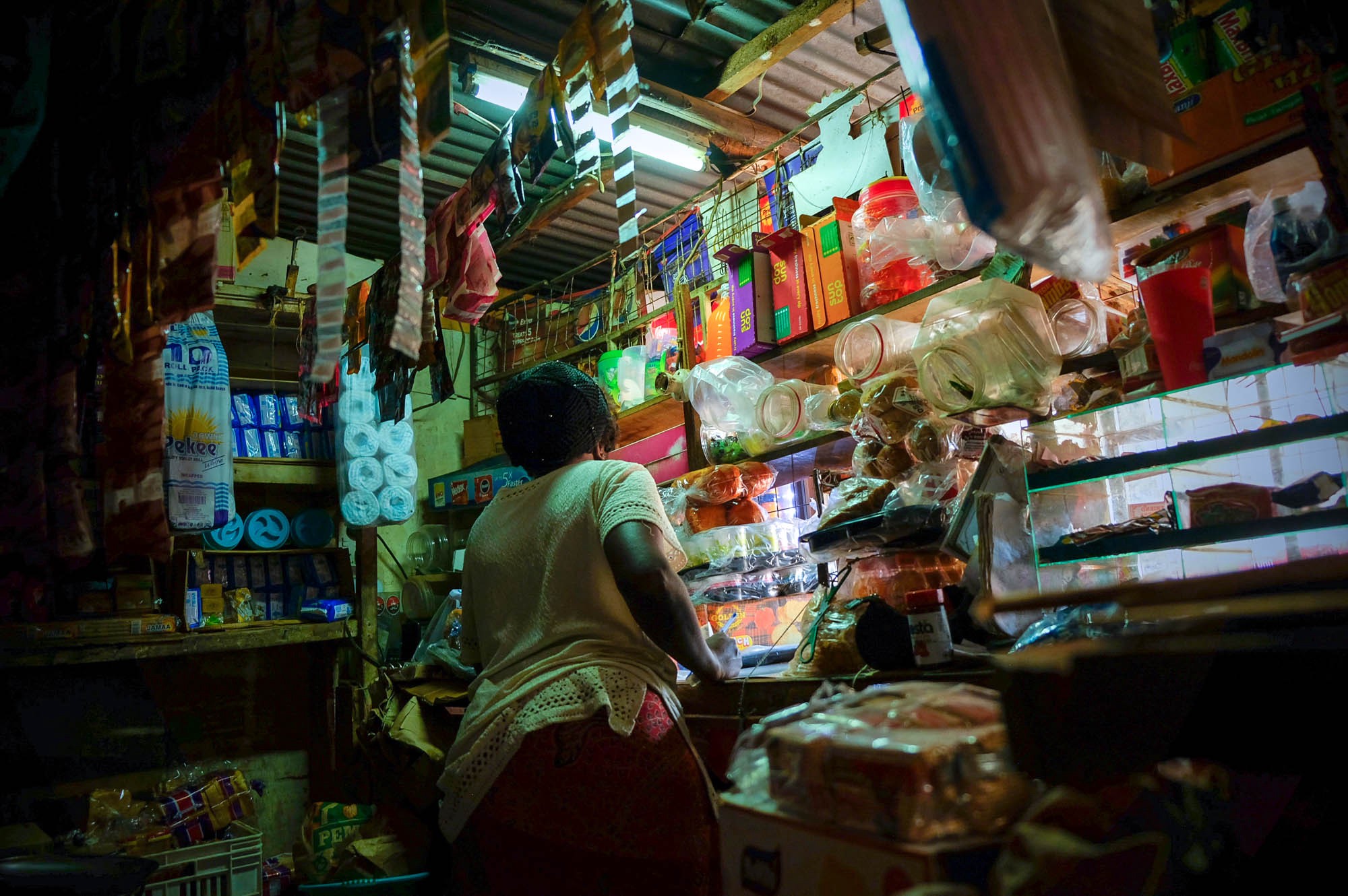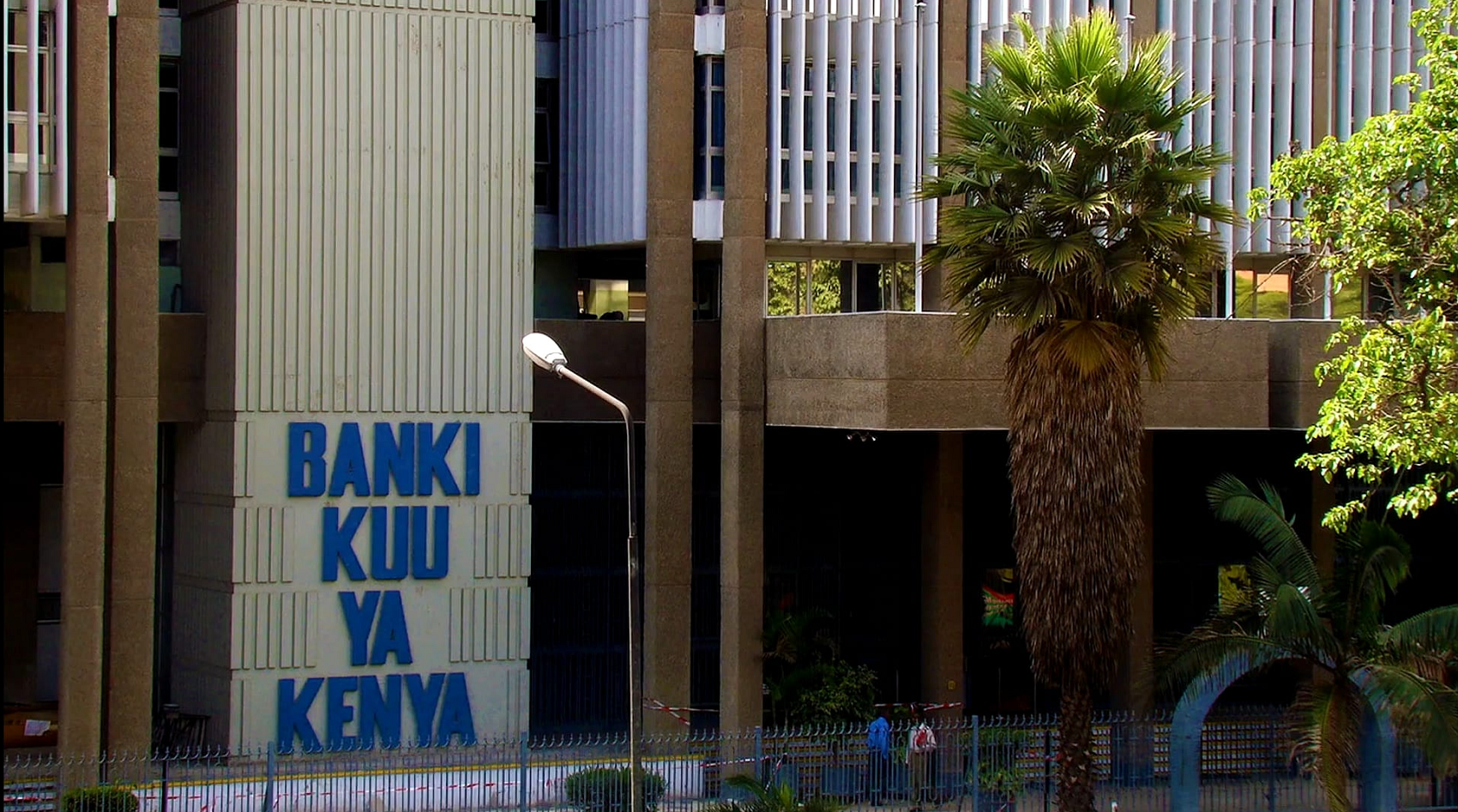By Ashford Gikunda, Sam Okoth and Ross Diana Awuor.
Emily Elizabeth Dickson, an American poet once contended that: “If you take care of the small things, the big things take care of themselves. You can gain more control over your life by paying closer attention to the little things.” We couldn’t agree with Emily more especially in the fight against the global pandemic of Covid-19. In leadership, they say once you have taken care of small things, the big things will take care of themselves. Small things are ticking time bombs. When ignored they explode with fatalities.
Not too long ago, there was a statement that was trending on social media. It went something like this: ‘Imagine dying of an overseas disease when in the first place you never intended to travel abroad let alone possess a passport!’ The tragedy of COVID-19 is it can find you even when you are keeping safe at home. Staying at home alone is not enough because you will interact with family and friends around your home.
It is true there are numerous small things that we have not taken care of as we continue with our daily fight against the virus. Unless we urgently take care of these little things, we will take longer to win control over the bigger ones. When the little things are left unattended, they degenerate into bigger ones with time. This analogy of taking care of small things is best exemplified by the Swahili saying, ‘Usipoziba ufa, utajenga ukuta.’
There are some small places we are overlooking as we crane our necks to see the bigger places. These little places are significant in flattening the curve. With the airport closed, attention now shifts to community transmission phase of the pandemic. This is a phase that can go viral. In this article, we will enumerate these small places that we think have a more critical and bigger role in fighting this deadly pandemic.
The first one is the barbershops. So small yet very key because of their potential to spread the virus. Look at the number of people they serve on a daily basis; old and young, executives and ordinary people. Because of the nature of shaving, barbers can’t observe social distance especially when shaving. You can only imagine the magnitude of the spread of the virus if just one client is positive for the virus. It would move from a single barbershop to the entire household. There should be guidelines around this vital service. As it is, it is assumed small but may have far-reaching repercussions.
Secondly and similar to the barbershop is the salon. This is also another area where community transmission could be taking place. Need we say that women at the salon need that chumminess for their tete-a-tete as part of “norms” when it comes to plaiting of hairs at the saloon? With full regard to gender please we are not stereotyping. It is like the common saying now in the streets that darkness is an ingredient to blood sausage “mutura” and so is the gossip “mushene” an ingredient at the saloons. Maybe we should put a disclaimer and say “if you know you know”.
The next small but critical place is open-air markets. Only God can save us from the maze of mess that goes on in our “Marikitis”. Unreliable and still unverified sources indicate that this whole pandemic started in the Wet Market in Wuhan City in China. It so seems that our open markets in Kenya though not “wet” will be the hot spots for this pandemic. This is where the disease will most highly spread like a bush fire due to lack of social distancing. Was the first Kawangware victim for COVID -19 traced to the Kawangware market? That is what we hear on the streets and from Kawangwarians. But that is a talk for another day. Later when COVID-19 is eliminated remind us to do the chronicles!
Our transport sector has always been on the wrong side. The virus lurks in the bus stations as well, especially with this cold and rainy weather. When it rains and people scramble for space so as to beat the curfew put in place by the government, then social distance is forgotten like the foliage of youth.
Both the service providers and users alike can be hard to control. How do you control those boarding matatus, Tuk-tuks, and motor cycles? The matatu termini are indeed hard to control since here is where crowds meet to catch up their ride to and from their various destinations.
So as not to blame the matatu owners nor the passengers, we can only say that this is a catch-22 area. The matatus want to make a quick kill for the money and the higher the number of passengers the higher the returns. Likewise, the passengers want to get home faster and don’t mind being bungled together. So how do we control for social distance in these places? This takes us back to zero and it is worrying to the stomach whether we shall ever regain our freedom if each of us don’t do their part. Are matatu Saccos doing enough to see that all this is controlled? It is our collective responsibility as citizens remember!
See Also>>> Billionaire Donates Sh300 Million to COVID-19 Fund
Estate kiosks are also small but serve so many people especially in areas that are densely populated. If the shopkeeper contacts the virus without his/her knowledge, then it might spread like bush fire considering the number of people they serve.
We might think that the virus is far from us because we have not seen people around us with it but what we might forget is that, it not something that gives an indicator to show one has it as they walk. Measures should be put in place, more sensitization to community members or else numbers rising will be our daily song.
These small places are many in our country and we cannot belabour more on them. We are a kadogo country and everything revolves in small but sure bits.
We, however, can act big to the guidelines being fronted by the government. Corona is lurking in the corner so keep safe and maintain social distance. Remember to wash your hands, wear your face mask and to sanitize.
Ashford, Diana and Sam are MA students in Project Planning & Management at UoN.













Leave a comment